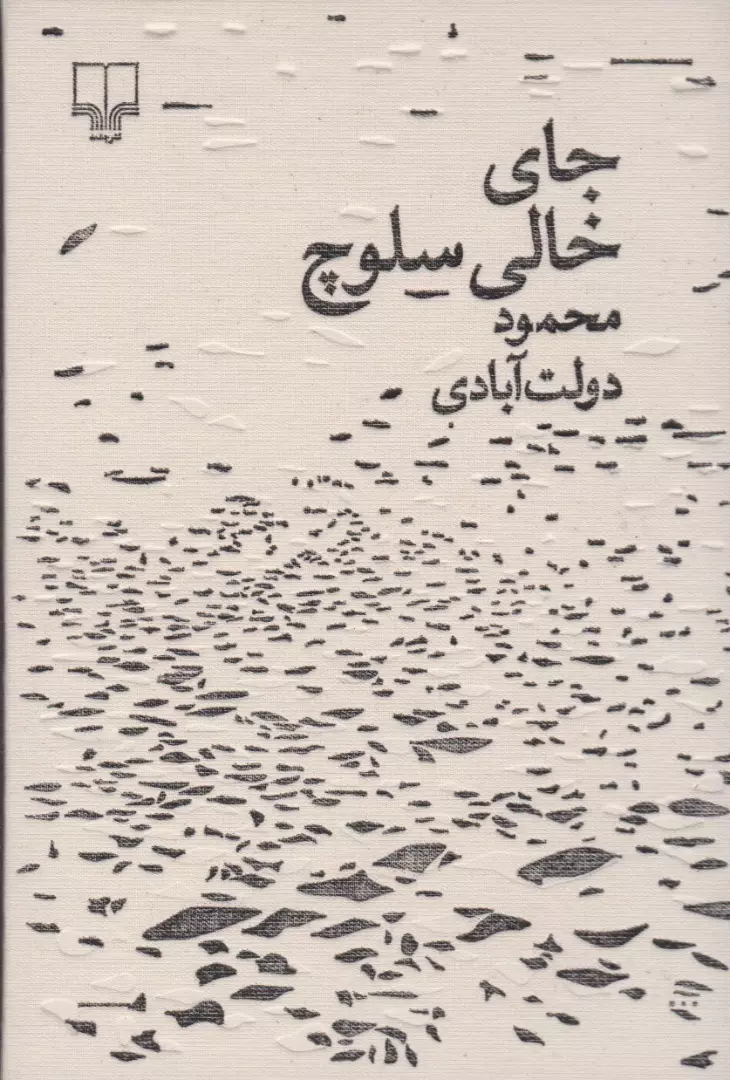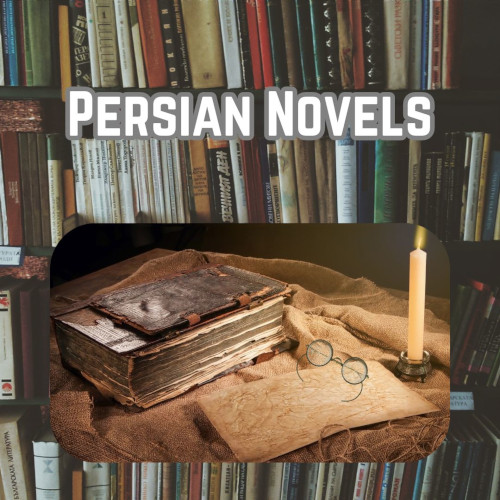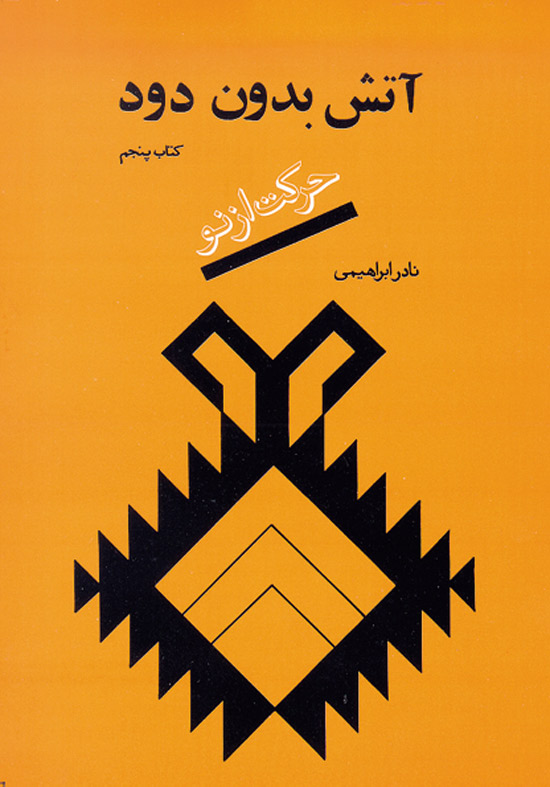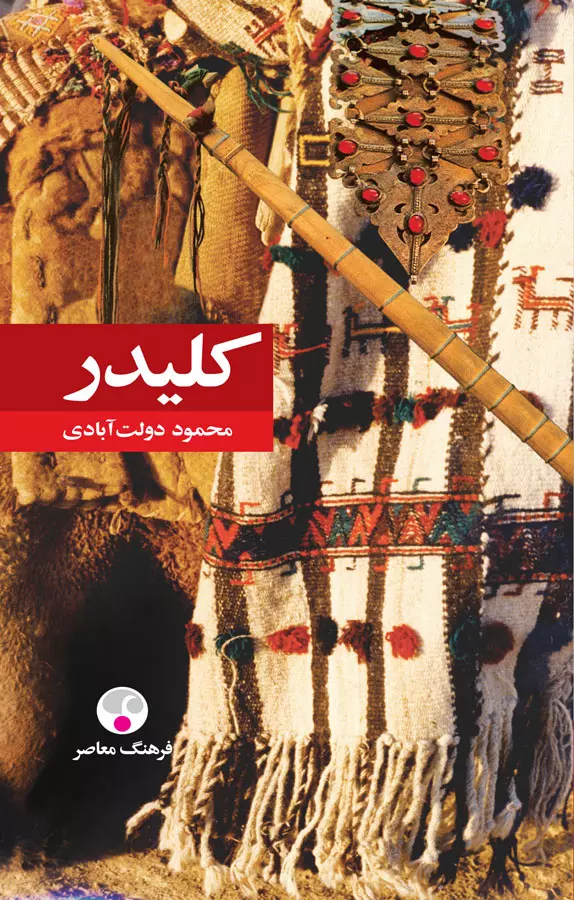The Missing Soluch (Jaye Khali-ye Soluch)

Author: Mahmoud Dowlatabadi
Genre: Historical Fiction
Publication Year: 1979
The Missing Soluch (Jaye Khali-ye Soluch), written by the renowned Iranian author Mahmoud Dowlatabadi, is often regarded as his most profound and masterfully crafted work, even surpassing his epic novel Kelidar in the eyes of many critics. Published in 1979, this novel was written in just 70 days following Dowlatabadi’s release from the notorious SAVAK prison. However, the story itself was conceived over the three years he spent in captivity, making it a deeply personal and poignant creation.
The novel is set in a remote, barren desert village and revolves around the life of Soluch, a man unable to find work to support his family. Desperate and disheartened, he decides to leave his family behind without any notice, abandoning his wife, Mergan, and their children. The story explores the struggles of Mergan as she confronts a patriarchal and harsh world in the absence of her husband. Her resilience, sacrifices, and unrelenting determination to protect her family amidst societal and economic hardships form the emotional core of the narrative.
Dowlatabadi’s portrayal of Mergan is a testament to his literary genius, creating one of the most memorable female protagonists in Persian literature. The novel delves deeply into themes of poverty, despair, gender roles, and survival, painting an unflinching picture of rural life in Iran. The author’s background as someone intimately familiar with the struggles of rural communities shines through in the authenticity of his descriptions, from the arid landscape to the complex social dynamics of the village.
The language of The Missing Soluch is lyrical yet raw, reflecting both the beauty and brutality of life in a forgotten corner of the world. Dowlatabadi’s use of imagery and metaphors elevates the narrative, making the reader feel the suffocating heat of the desert and the emotional weight of the characters’ lives. His deep empathy for the marginalized and his nuanced understanding of human emotions give the novel its timeless quality.
While the novel is rooted in the specific socio-economic and political context of rural Iran, its universal themes resonate with readers worldwide. The absence of Soluch is not just a physical void but a metaphorical one, symbolizing the loss of stability, hope, and agency in the lives of those left behind. It is a story of survival and the enduring strength of the human spirit.
The Missing Soluch is a masterpiece of Persian literature, showcasing Mahmoud Dowlatabadi’s unparalleled storytelling and his ability to weave complex human emotions into the fabric of everyday struggles. It is a novel that leaves a lasting impression, offering readers a profound meditation on resilience, love, and the search for meaning in the face of adversity.



